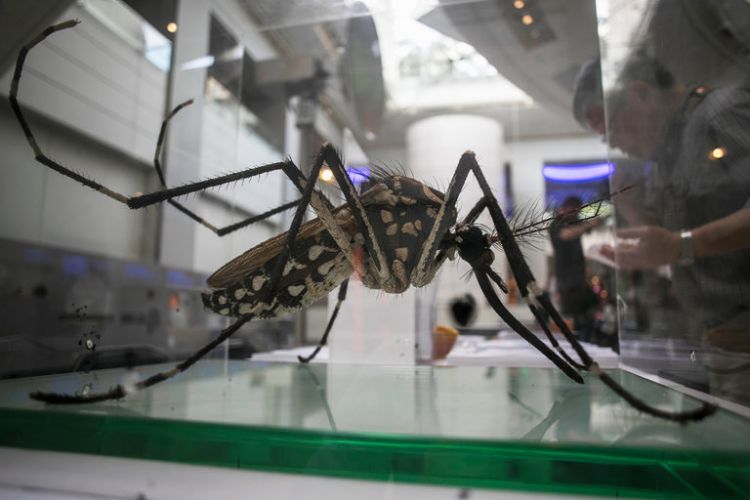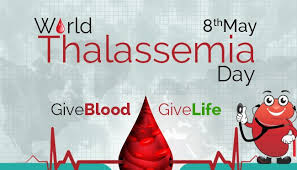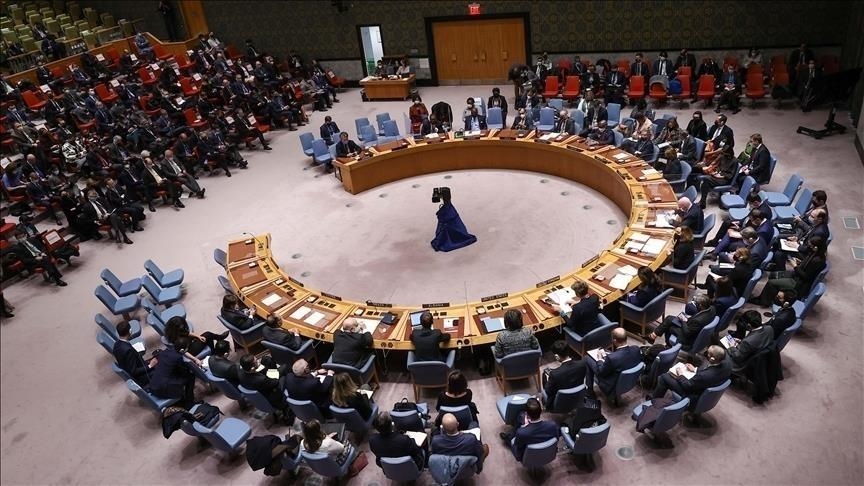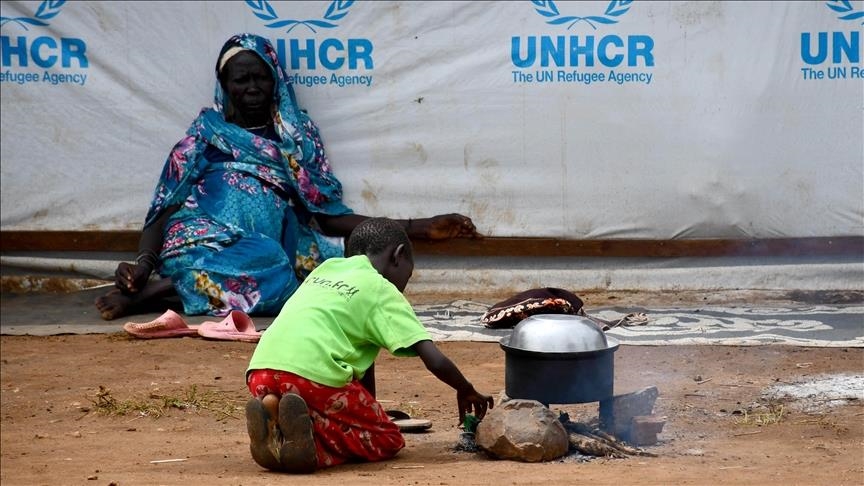A century ago, B.E. Dahlgren created a monster for the American Museum of Natural History.
It was based on a real-life killer, one that claims more human lives each year than any other creature in the animal kingdom: the mosquito. His model of the Aedes aegypti mosquito, 50 times its natural size, was part of the museum’s series of scaled-up models of significant insect disease carriers.
On Thursday, nearly 100 years later, it was pulled out of storage, dusted off and put on display. The mosquito — this mosquito in particular — is again causing trouble.
Aedes aegypti is the main carrier of the Zika virus. It has spread the disease throughout South America and into the Carribbean. The virus is likely to reach Florida and the Gulf States this summer.
But even as Zika has swept across some 46 countries, scientists, doctors and public health officials have been struggling to understand basic questions about it.
Museum officials gathered a panel of experts on Thursday night to try to answer some of the most frightening and difficult questions about the risks Zika poses and what can be done to mitigate the danger.
The panel, gathered at the museum’s headquarters on the Upper West Side of Manhattan, included Dr. Jay Varma, the deputy commissioner for disease control at the New York City Department of Health and Mental Hygiene; Dr. Catherine Spong, the acting director of the Eunice Kennedy Shriver National Institute of Child Health and Human Development at the National Institutes of Health; and Dr. W. Ian Lipkin, the director of the Center for Infection and Immunity at the Columbia University Mailman School of Public Health.
If ever a group could answer questions about a complicated and evolving public health threat, this would be it.
However, in an apparent reflection of just how quickly Zika has emerged around the world, there was a common refrain over the course of the evening: We don’t really know yet.
First, what they do know:
“If you are a woman who is pregnant, you really shouldn’t be going south,” was Dr. Varma’s blunt recommendation.
While Zika generally causes no symptoms or only mild illness in most healthy adults, it can do great harm to a developing fetus, sometimes causing microcephaly, a condition in which babies have unusually small heads and damage to the brain. So while most individuals do not have much to worry about, the virus strikes at the heart of what keeps humankind going: our ability to reproduce.
“As a species, that is a dangerous thing,” Dr. Varma said.
The city and federal health authorities currently recommend that any woman who is pregnant, or planning on becoming pregnant, and who has spent time in one of the countries where the virus is endemic be tested. Because some 80 percent of the people who contract the virus show no symptoms, it is critical that doctors consider detailed travel histories of pregnant women and their partners to determine if they might be at risk. The virus can also be transmitted through sexual contact.
There are about five million arrivals from countries that are now infected with Zika at New York City airports every year, so even though there has been no mosquito-borne transmission here, the threat posed by the virus is very real.
Zika tests are far from perfect, according to Mr. Lipkin. There are two methods of discovering the virus in the body: Doctors can look for its genetic markers, or look for the antibodies the body creates to do battle with the virus.
The first test can be performed when the viral load in the body is high, roughly within the first 12 days of infection. The other, however, cannot be done until about two weeks after infection, after allowing time for the host to build up antibodies.
Most people who have no symptoms and have shown a negative on all the tests can be relatively sure they are in the clear.
False positives, however, are possible because Zika is a flavivirus, like dengue and yellow fever; currently a positive test result can be triggered by one of the related viruses. This is a problem when one considers that in many of the highest-risk populations dengue is not uncommon.
All this makes Dr. Spong’s job incredibly difficult. In addition to her research role, she also treats patients and said she is often unable to provide precise advice to pregnant women about the risks they face. There is no treatment for pregnant women who have tested positive for Zika. Instead, doctors recommend the women undergo a stepped-up series of ultrasounds to monitor the condition of the fetus.
Dr. Spong cited a study of 88 pregnant women, all of whom had Zika symptoms and tested positive for the disease, in which 29 percent experienced some birth complication, the most common being microcephaly.
Perhaps just as troubling, she said, was that some of the women were infected as late as their third trimester, when the fetus had already developed to a large degree.
“I don’t have a lot of information about how to quantify these risks,” she said.
To make matters even more baffling, the only data on pregnancy outcomes available is derived from women who were symptomatic, a small subset of those who have contracted Zika.
And then there is the mosquito itself.
Snakes kill around 50,000 people each year. The mosquito’s annual death toll, according to the Gates Foundation, is 725,000.
The Aedes aegypti is the main vector for spreading Zika. But its cousin, Aedes albopictus, may also be able to carry and transmit Zika, according to Dr. Varma.
So far there is no evidence of this, but the city is stepping up its monitoring and has been actively encouraging the public to report and remove all pools of standing water, the breeding ground for the insect.
When asked if the virus could mutate in such a way as to be transmitted by the Culex mosquito, the most common in the city, Dr. Lipkin said it could not be ruled out.
Dr. Varma summed up the current situation. “What we are really challenged with here is a lot of uncertainty,” he said.
The New York Times










